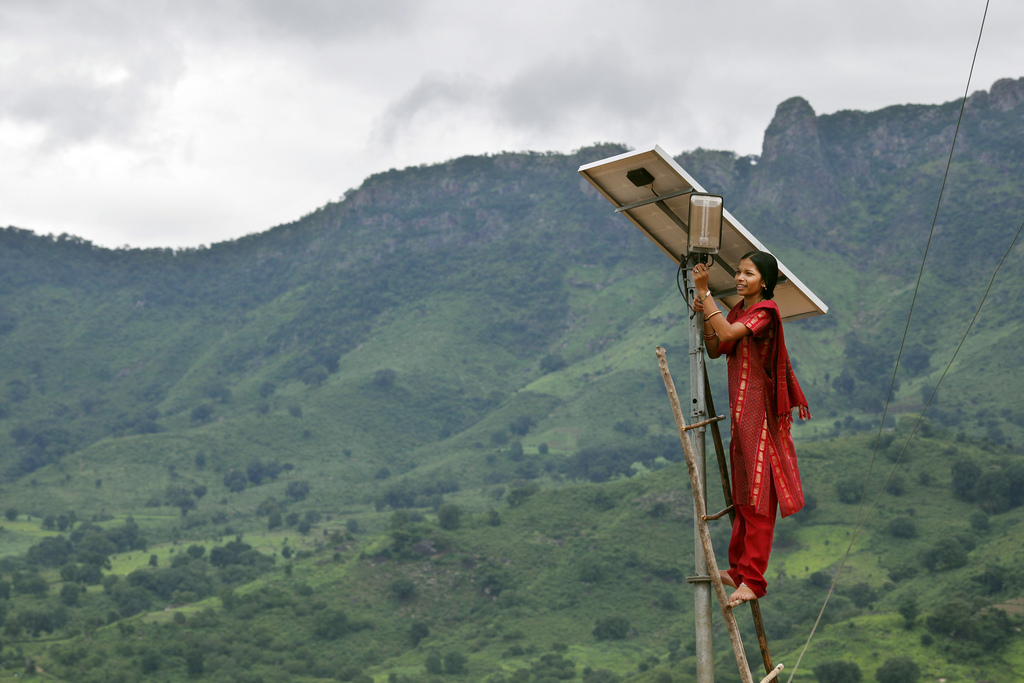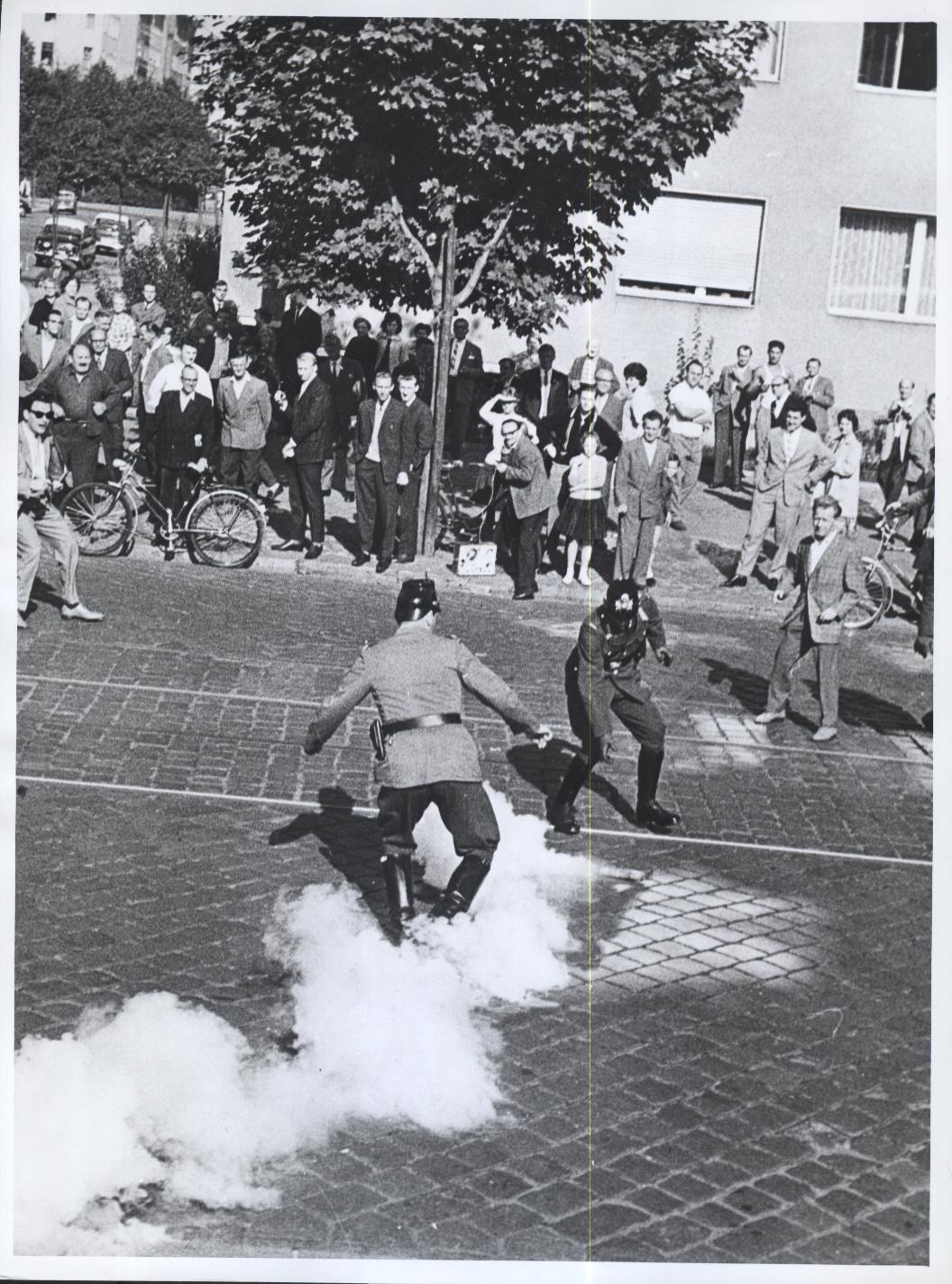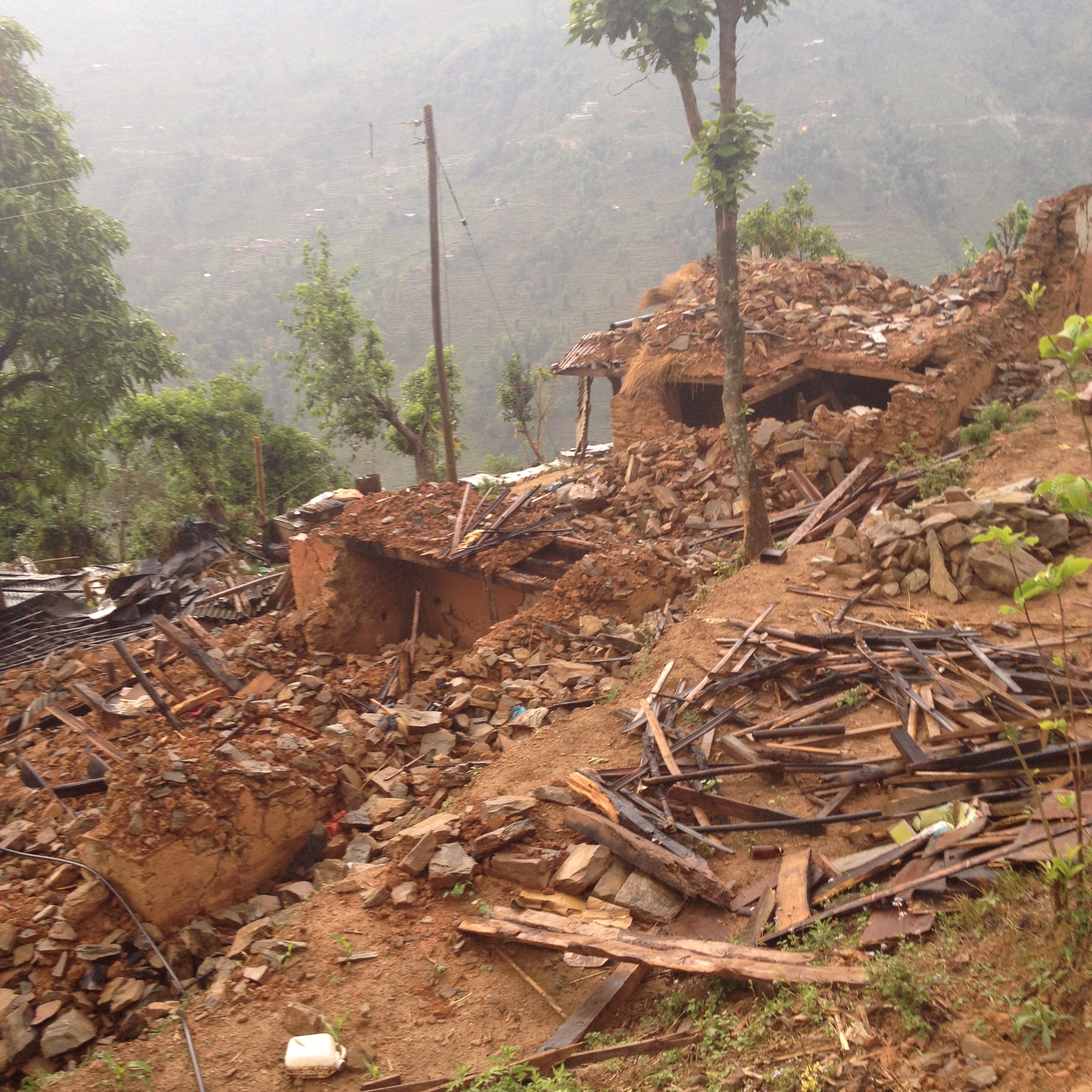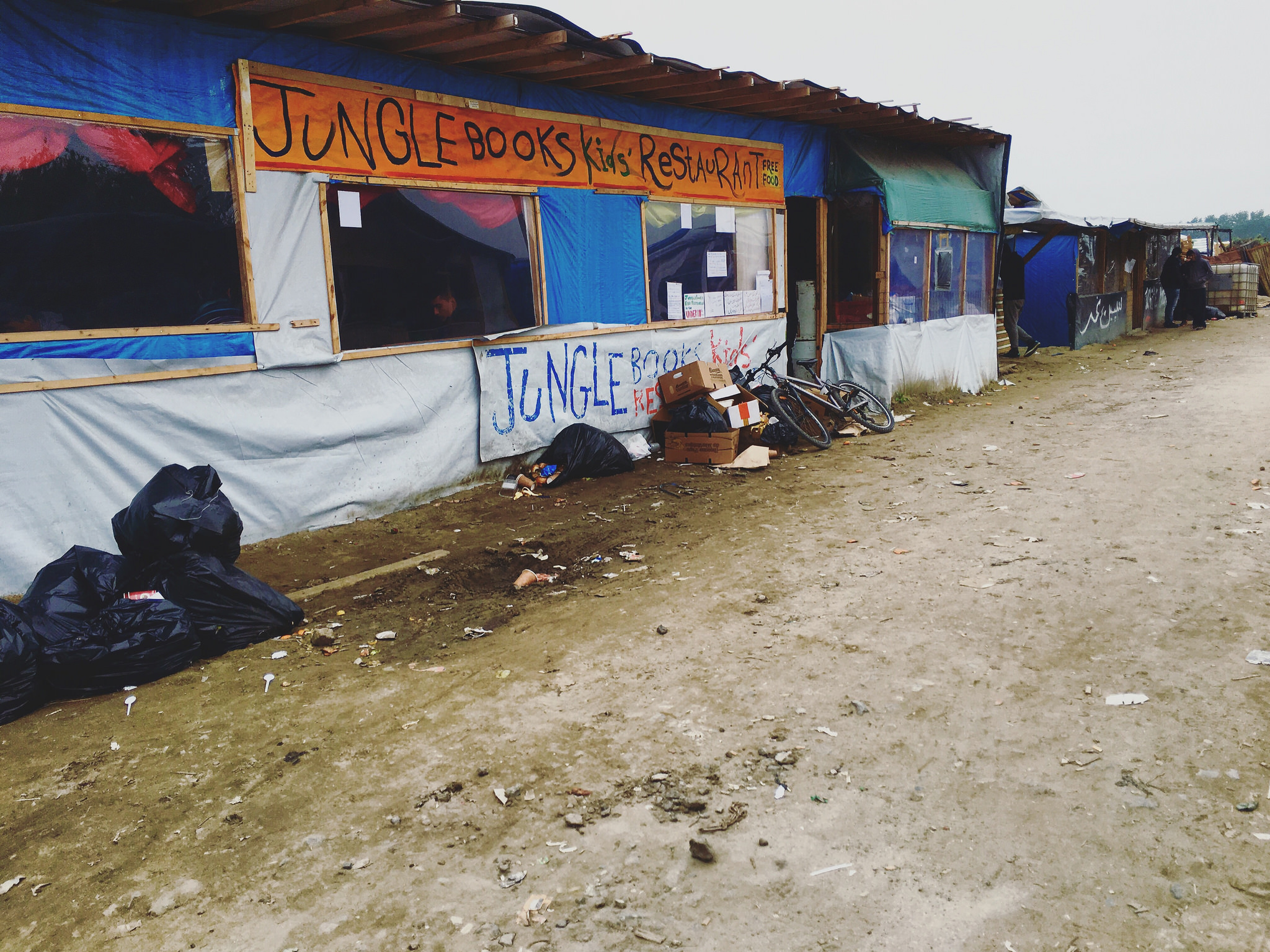Guest Post by Boaz Atzili
Here we go again. “Israel has the right to defend itself.” So said US President Barack Obama on Sunday in response to the recent escalation, repeating Israel’s own justification for its massive aerial campaign against the Gaza Strip.
Well, of course it does. But does this mean it has to apply the same medicine that does not work again and again? Does this mean it is should “destroy the infrastructure of terror” for the billionth time? “Palestinians have the right to defend themselves!” we often hear from the other side. Well, of course they do. But since when does committing suicide count as defense?
Herein lies the key to understanding the current conflagration around Gaza, and to the Israeli-Palestinian conflict more broadly. Justice (or rather a lopsided blind version of it) has replaced strategy as the logic of action. Righteous propaganda has been a part of most conflicts. In the Israeli-Palestinian case, however, the propaganda penetrates much deeper. “I have the right to do it” rather than “it is in my interest to do it” becomes the story Israelis and Palestinians are telling themselves, not only outsiders. And this kind of reasoning blocks compromise, which is the sin-qua-non of peace.
More than anything else, the conflict has become a competition in victimization. Like children in kindergarten, Israelis and Palestinians repeatedly point to the cycle of escalating violence, each shouting loudly “he started it!” At the same time that both sides compete to prove to the world that they are the true victims of violence, they also compete in the rhetoric of threats. The results would be comic if they were not so tragic.
Israel, for instance, rightly emphasizes the suffering of the civilian residents of the cities, towns, and kibbutzim of the south. For the last seven years, since its forces retreated from Gaza (and even before) these citizens live in daily fear, and frequently have to sit in shelters or run for cover from Palestinian rockets. Children are traumatized and parents are scared to send their kids to school. It’s true Palestinian militants have been firing thousands such rockets on Israel in the last few years. But it’s only part of the truth, since the lives of civilians on the other side of the fence are much less tolerable. The people of the Gaza Strip too suffer from frequent attacks coming unannounced from above. Israeli drones and helicopters armed with Hellfire missiles are a daily presence in their sky. Their children too are traumatized, and much more so, since Israel’s attacks kill at a much greater frequency. Regardless of the targets of Israel’s attacks, the “collateral damage” is often high — a lethal price paid by civilians.
But righteousness is not the sin of Israelis alone. Palestinians in Gaza often decry the loss of civilian lives; the children and elderly who are hurt when Israel supposedly targets militants. And they have good reasons to do so. But then they typically follow by demanding their leaders to throw even more rockets at Israel, which are generally aimed at Israel’s civilian population. The fact that these rockets are much less accurate and much less effective than Israeli weapons, and that Israelis have better defenses, does not negate the irony here: if targeting civilians is unacceptable, it is unacceptable whether it succeeds or it fails.
As soon as Israelis and Palestinians start to consider defending their people rather than defending their pretentious moral high ground, they will find there is in fact somebody to talk to on the other side. A real dialogue about building peace that moves beyond the sins of the past is necessary for any true long-term reconciliation. But at this stage, if the aim is to stop escalation and reach a reasonable compromise, these one-sided and blind notions of justice are obstructing rather than helping. If the aim is to actually defend a people rather than claim moral victory, being smart is better than being loud.
Justice is not worth it if it leads to future generations of agony and grieving. A real resolution to the conflict will be future-oriented rather than past-oriented and will necessarily be based on compromise. Neither side will see compromise as perfectly just, but both sides can — and must — learn to live with it.
* Boaz Atzili is an Assistant Professor at the School of International Service, American University, Washington DC. He is the author of Good Fences, Bad Neighbors: Border Fixity and International Conflict .







0 comments
Well, that was truly enlightening. After so many years of taking the Israel-Palestine conflict for granted, I had never looked at it in terms of justice versus strategy. I have to thank the author for that new perspective.
But of course, this does not bring us any closer to a solution. It’s true that Israel and Palestine should “start to consider defending their people rather than defending their pretentious moral high ground”, but who will do it first? Who will stop invoking their right to attack the opporsite side? Doesn’t the vicious circle of violence pretty much prevent such a development?
Well, here again we can invoke the kindergarten analogy: You need an adult who will coordinate (and maybe coerce a bit) the two kids. They will say it together: On the count of three: 1,2,3… “I promise not to do it again!” (Note that they are not required to say “I’m sorry.” That should come much later). No seriously, we all know negotiations are extremely complicated and neither side believes the other. But it is not the first protracted conflict in the world and I see no reason it should be an eternal one.
I just love these “evenhanded,” a-pox-on-both-your-houses pronouncements that depict Israelis and Palestinians as self-righteous children. These screeds never utter a word about the occupation or settlements or blockades. Or who, speaking of interests, benefits from all this.
As for the alleged illogic of Israel’s bombardment of Gaza, maybe we should wait until after the upcoming elections in Israel before we rush to judgment. Gee, I wonder, could Netanyahu be playing to his domestic audience? Is it really so hard to see the method in his madness? (It’s also a good idea to test your “Iron Dome” missile defense system, just in case you may want to bomb, say, Iran, not that this idea has ever crossed Netanyahu’s mind.)
Dear Jeff,
Yes, I did not mention settlements and occupation. But neither did I mention terrorism or a whole lot of other Israeli accusations (some of them justified some not) against the Palestinians. The point is not to suggests that the two sides are equally to blame. They may not be, but it does not matter. The point is that the blaming game (in which you take part here) may make you feel better about yourself, but would never lead to a solution. It does not matter if Israelis (yes, and Palestinians) are right, but it matter that they think they are right, and that is the reality with which anybody who really wants peace have to contend.
Boaz
I agree with your overall theme that the slogan “no justice, no peace” is idiotic. Often we must decide which one to choose.
The problem is the application in this circumstance. I was a supporter of the Oslo Accords, am against the Israeli settlements policy and don’t like Netanyahu. But the sad lesson of the last 15 years is that what the Israelis do does not make a difference – whether it’s Peres, Barak, Sharon, Olmert etc.
We in the West have all decided what the basic parameters of a reasonable settlement looks like.
The problem is that the Palestinians walked away from this over a decade
ago and now refuse to even negotiate.
Why?
First, it’s become much clearer over the past decade that the two strands
of Palestinian thinking are (1) absolute refusal to accept a State of
Israel or (2) willingness to accept a two-state temporary solution where one state is Palestinian and the other will be Palestinian in the future. It’s the second strand that first shocked and then led to the collapse of the Israeli peace movement during the 2nd Intifada.
Just try to get any Palestinian leader to say clearly in both English and Arabic and with no subtle caveats that they will accept the preferred Western solution as the final settlement of this issue. You can’t.
Second, the Palestinians know there is no cost and even an advantage to their behavior which means they are in no rush for peace. The West will bleat about “the cycle of violence” and elements of the media and
academia will continue to build their new narrative which is a one state, not
two-state, solution.
Meanwhile, Israel’s withdrawal from Gaza got it nothing as Hamas gets a
two-fer; they pretend Gaza is still “occupied” but now they have an
operational base right next to Israel. Hamas is lucky they’re not up against Bashir Assad or, for that matter, Erdogan (see, Kurds).
In summary, your assumption that both sides want peace is wrong. The Palestinians do not want peace on the terms you are offering. I wish it were otherwise but I’ve heard them loud and clear. It’s time you listened.
In response to my post, you claim that you didn’t mention Palestinian terrorism. But of course you did. You mention the missiles that Palestinian groups have shot into Israel and you allude to suicide bombing (although no one claims that Israel’s recent attack on Gaza has anything to do with suicide bombing). What you did not mention, to repeat, was the occupation, the settlements, or the blockade of Gaza. In other words, the essential context of Palestinian resistance to Israel. Instead, we’re supposed to believe, I guess, that Palestinians are just petulant children who, for some mysterious reason, like to kill Israelis.
In response- Jeff and Mark. Please take a moment and read each other’s responses. An almost complete mirror image (It’s not complete because Israel is much stronger and thus can and does do more damage). The point is that each side thinks they are absolutley right and the other side does not want peace. And I may agree more with one side or the other (e.g., Jeff, I agree with you that the settlements are a major problem and the occupation of the West Bank and the blockade of Gaza should end- as part of a peace agreement). But the point is that is again going back to the blame game, and it cannot bring any positive results.
Boaz
I anticipated this would be the tack you would take if you responded – placing yourself in the middle as the reasonable guy between Jeff and I.
As Samuel Jackson said “please allow me to retort”.
I am not sure you understood my point. You mention your agreements with Jeff, but I also agree (or mostly agree) that most of the West Bank settlements will have to go in a peace agreement (just as a note the last official new settlement was in 1997) as well as the occupation of the West Bank (though to be accurate most of the West Bank is already under the jurisdiction of the PA, not Israel) and of course, the blockade of Gaza should be ended.
My point is different. What Western governments have supported for more than a decade is a settlement in which (1) Israel, for the most part
retreats within the 49 armistice line, with some border adjustments on both sides (which have been the subject of years of discussion between Israel and the PA; (2) joint sovereignty over the Temple Mount; (3) a Palestinian state cleansed of Jews and (4) a Jewish state with a sizable Arab minority with full civil rights but with no right of return for the “refugees”. Israel has repeatedly accepted that broad outline (yes, I’m aware there are hundreds of other details to be resolved behind it). Palestinians will not negotiate it. You need to ask yourself why. I think it clear it is because their ultimate peace objective is not something along these lines.
As I said in my original post I agree with your fundamental point. Peace will only occur when the parties are willing to give up their mutually exclusive claims for justice. It just does not happen to be on offer in the near future and the best thing everyone else could do is walk away from this issue from a few years.
And, by the way, there’s no need to be coy on your own views when you write “Palestinians in Gaza often decry the loss of civilian lives; the children and elderly who are hurt when Israel supposedly targets militants” showing that you believe Israel is deliberately targeting children and the elderly.
Istemejit67 rsamost of ecathought
If I understand your argument, it is that Israel is being illogical, and as a result kills civilians, despite their supposed intentions not to. You argue that the Palestinians are equally culpable.
I tend to think that the Palestinians are far more culpable.
1. They fired the first shot in this recent conflagration-did they not know it would bring retaliation?
2. They kept firing when given multiple opportunities to stop firing.
3. The targeted civilians. Israel did not.
4. The started the terrorizing of civilians.
5. They continued the terrorizing of civilians.
6. If the Palestinians did know that the Israelis would retaliate, they are partly guilty of killing their own citizens.
7. If they didn’t know, then using your logic, they are still guilty. Meanwhile, the Israelis showed total commitment to protecting their own citizenry.
Now it can be said that the Israelis should not have fired back, which I think is your argument. But what exactly do you propose they should have done in this very instance? What do you do when the rockets are raining down upon your civilianry? Is there some response you suggest?
Does your equal treatment of both parties not seem like a bit outlandish?